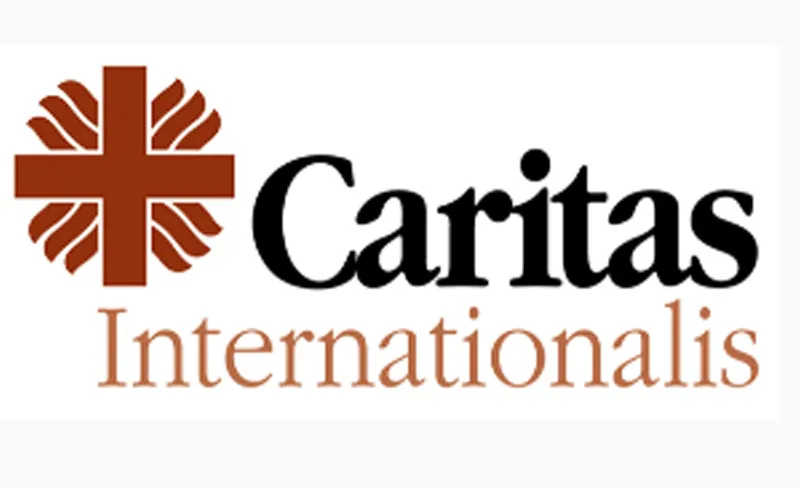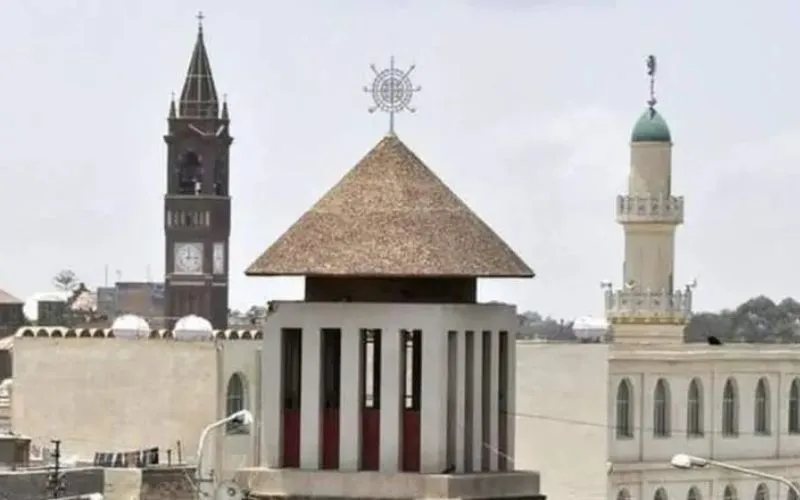In the one-page letter obtained by ACI Africa, officials of the humanitarian organizations say, “Every day, we bear witness to suffering and resilience” exhibited by the people of God in various countries in the world, who are staring at a hunger crisis.
“In Yemen, Afghanistan, Ethiopia, South Sudan, Burkina Faso, DRC, Honduras, Venezuela, Nigeria, Haiti, Central African Republic (CAR), Uganda, Zimbabwe, Sudan and beyond we help people who are doing all they can to simply get through one more day,” they add in the letter.
They further note that in their daily operations, they “work with people who are fully capable of producing or earning enough to feed themselves and their families” but who are not able to do so due to the challenges bedeviling their countries.
“These people are not starving, they are being starved,” the organizational representatives say, adding, “These girls and boys, men and women, are being starved by conflict and violence; by inequality; by the impacts of climate change; by the loss of land, jobs or prospects; by a fight against COVID-19 that has left them even further behind.”
In the report also signed by Caritas Internationalis, the confederation of over 165 Catholic relief and development agencies worldwide, the leadership of the humanitarian agencies further say that every day, they witness that “it is women and girls who suffer the most.”
“Every day, we share stories and evidence of hunger, starvation, and increasing humanitarian needs. Yet this does not prompt urgent action or sufficient funding,” they say, adding, “The widening gap between the great needs we face and the limited assistance we are able to provide threatens to steal what hope remains. We cannot allow all hope to be lost.”
According to the officials at the helm of the 264 humanitarian organizations, “It is human actions that are driving famine and hunger and it is our actions that can stop the worst impacts.”
“We all have a part to play. But you, as Leaders, States and main duty bearers, have a unique responsibility. We call on you to take action now,” they urge the Heads of States and Governments worldwide.
“We plead with you to enhance your efforts and work with all parties to end conflict and violence in all its forms,” the signatories appeal to global leaders and remind them, “The UN Secretary-General’s call for a global ceasefire must be immediately heeded.”
They emphasize that “humanitarian assistance must be allowed to reach communities without barriers or impediments so we can urgently support those most in need.”








